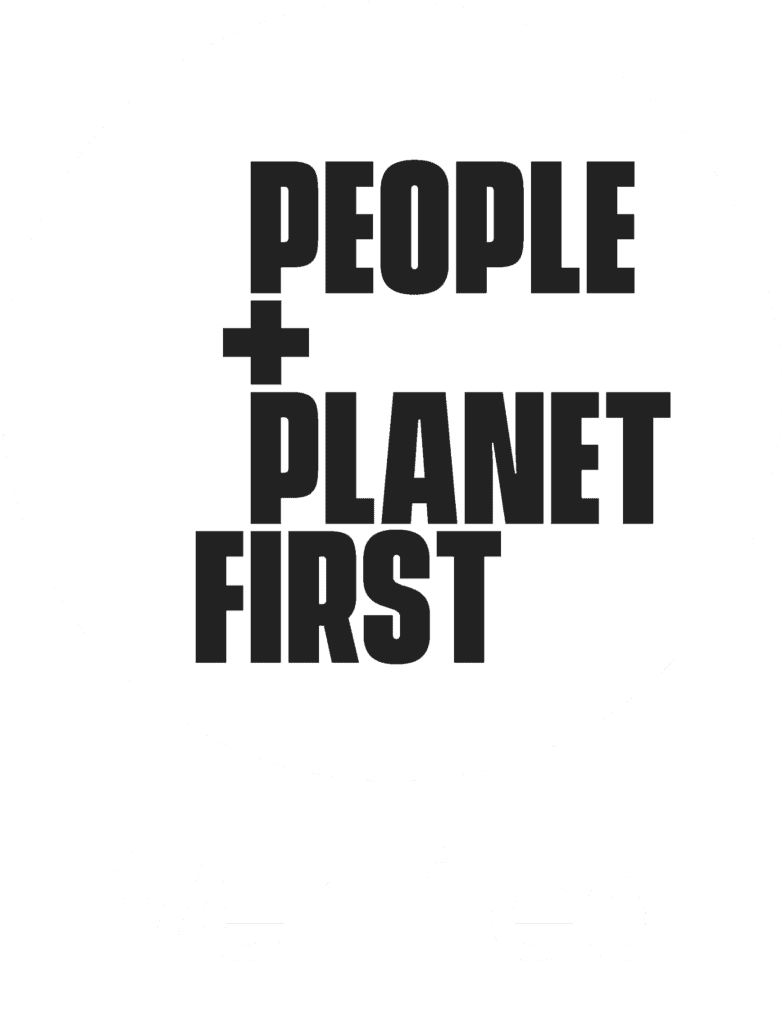My family were rural folk who immigrated from England in 1980. The first place I lived in Melbourne was Box Hill North. There were people from 33 different countries living on our street. As a 10-year-old, my bicycle freed me to roam the suburb independently and meet people from places I had barely heard of. The people on my street did not agree on everything, but we all shared a common ambition to make the most of opportunities in this wonderful country.
The term “a fair go” is familiar to all Australians. While its use has shifted over time, particularly in the hands of the political classes, most people see it as a shared national principle that effort, attitude and character should be respected and rewarded. Everyone should have the opportunity to make what they can of their life regardless of how they look, talk or where they came from.
The “fair go” has underpinned our identity as a progressive western democracy. The women’s vote, a fair minimum wage, the 8-hour workday, Medicare, and universal access to education go to the heart of who we are as a country. We celebrate the “Aussie battler” and love backing the underdog in a contest.
Millions of migrants have successfully built new lives here as they helped build the country’s future. While each wave of migration since Federation has brought with it inevitable grumbles from incumbent residents, we continue to admire people from all walks of life who have triumphed through adversity.
That success is embedded in our national makeup. More than a quarter of Australians (27.6%) were born overseas, according to the 2021 Census. Our diversity is one of our greatest assets, but it’s often underappreciated in the workforce.
So how do we encourage, support and measure a fair go in the workplace as our economy goes through unprecedented change? While employers find it increasingly difficult to source the talent they need, thousands of Australians face invisible barriers to participation.
The antics of Trump and his administration a long, long way from here have the potential to negatively influence the thinking of decision makers closer to home. While it is hard to imagine that ethical Australian businesses will walk away from their commitment to the principle of “a fair go,” it will be interesting to see how corporate Australia holds the line on inclusive employment and increasing participation in the face of economic turbulence and strengthening political headwinds.
Diversity, Equality and Inclusion, Social Procurement and Corporate Social Responsibility are familiar terms to Executives and Boardrooms around the country, yet when it is time for the rubber to hit the road, many employers find it hard to make successful adjustments to their operations.
Countless studies have shown that diverse and inclusive workplaces, where people have a voice and a stake in the business, are more productive, cohesive and responsive to the needs of customers and clients. Inclusive employment is very good for business.
In a tight labour market, inclusive employment helps employers tap into a bigger talent pool and make better use of their people and resources. The opportunity is real. As of September 2024, 1.2 million Australians aged 18 to 75 wanted a job, and 1 million of them were ready to start within four weeks, according to the ABS.
Inclusive employment is not just the right thing to do, it’s the smart thing to do. The first step towards good practice is understanding where you are at and where you want to be. Some straightforward steps in the right direction include: awarding equal pay for equal work, addressing unconscious bias and ensuring that our workplaces make everyone welcome.
And it’s not just theory. As one Indigenous employment leader told us recently:
“We need companies to back us and support us longer term. When this happens, we can really deliver great results and bring about genuine change.”
By giving everyone a fair go, whether as individuals or companies, we build stronger, more inclusive and more resilient communities. We earn social licence and contribute to productivity across the broader economy. When I look back on those happy days riding my trusty rusty bicycle around the streets of Box Hill North I know in my heart how important it is for us to keep building on the principle of a fair go. We all have a responsibility to make sure that everyone in our community still has opportunity to prosper.
by Chris Buckingham, CEO The Fair Co.





